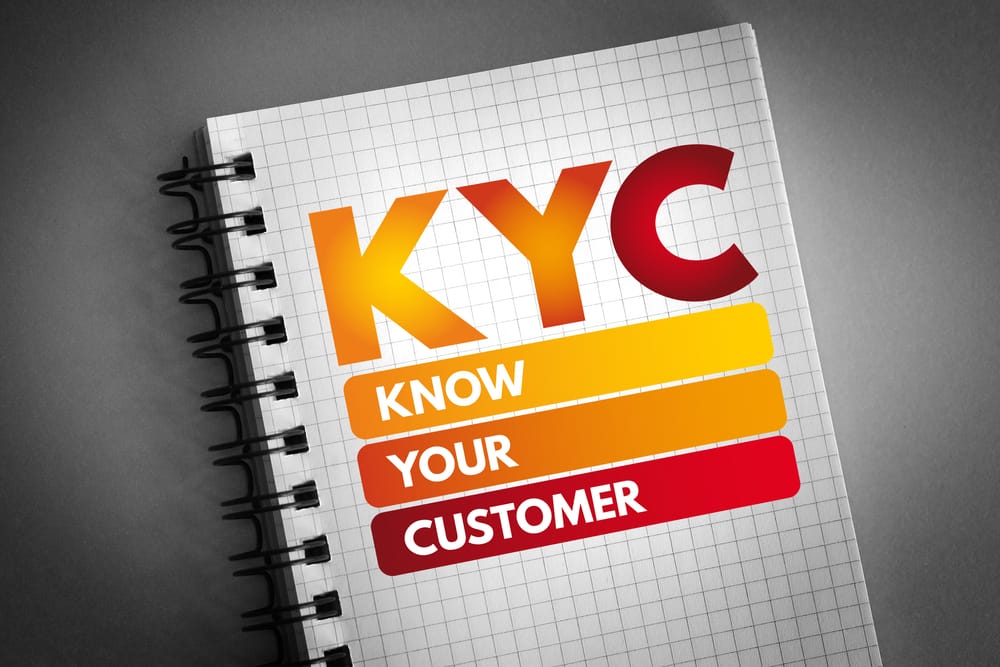Financial regulators such as FinCEN and FINTRAC, have been increasing the requirements for law firms to screen, monitor, and report on their clients for money laundering, human trafficking, and the financing of terrorism.

Safeguarding Society: How Customer Due Diligence Helps Prevent Global Crime
Safeguarding Society: How Customer Due Diligence Helps Prevent Global Crime
With the economy facing increasingly challenging times and banking institutions having to contend with a sharp increase in digital users over the past few years, the threat of cybercrime, specifically in the financial sector, is at an all-time high. At its core, the race to implement preventative measures is about far more than saving millions of dollars from being misappropriated; Know Your Customer (KYC), Customer Due Diligence (CDD) and Anti-Money Laundering (AML) measures play a significant role in protecting vulnerable persons across the globe.
As integral pieces that stand as part of the frontline in the fight against FinCrime, taking a serious stance when it comes to staying compliant with KYC legislation is essential for all businesses and related institutions. Below, we’ll take a closer look at the real-world applications for due diligence. Read on to learn more.
A Quick Recap on CDD Basics
One of the biggest risks associated with partnering with unknown individuals and/or entities is the ambiguity that comes with the lack of an established background. Transparency helps to weed out unsavoury characters and establish trusted business relationships by:
- Establishing a valid customer identity;
- Evaluating and vetting an individual’s or entity’s activities and associations for alignment concerns; and
- Assessing and establishing a calculated risk profile vetted against a multitude of details, including background, political exposure, illicit or fraudulent activities, sanctions and judicial orders, and more.Where necessary, Enhanced Due Diligence (EDD) may also be undertaken to gather further data for clients that present a higher than usual risk, come from countries known for housing excessive fraudulent activity, or for clients in industries that require an advanced level of documentation.When implemented properly, staying compliant with KYC and CDD measures helps to:
Prevent Money Laundering and Terrorist Financing
The illicit transfer of money can have several high-risk implications and cause significant harm both on an economic and humanitarian level. Criminals often exploit financial systems to hide and “legitimize” their illegal activities, and to utilize funds for nefarious purposes. Many illegal funds are used in dangerous activities that present a risk to the global community, including terrorist funding (CTF), drug and human trafficking, the sale of black market weapons, and more.
Implementing robust CDD measures helps to flag suspicious transfers, as well as pre-emptively identify entities with known associations to questionable dealings or negative associations with below-board networks. In doing so, criminal networks lose the strength of their foothold within the financial sector and have a lessened ability to move money without being detected.
Identifying Fraudulent Activities
With much of the world’s banking and asset transfers now occurring digitally, identifying fraudulent activities has become increasingly complex. Customer due diligence is a powerful tool that enables businesses to amass the necessary information to build accurate risk profiles via identification documents, utilizing trusted global databases and more. Such measures allow fraud to be detected early on, protecting your business, as well as your client base, in the process.
Mitigating Corruption and Bribery
Financial corruption and bribery pose a significant risk to the global community, particularly in countries with unstable political climates and those undergoing rapid social change. Often tied to money laundering and other illicit activities, criminal networks will use financial institutions to fund corrupt activities or individuals. Thoroughly vetting potential customers and business partners helps identify any connections to politically exposed persons (PEPs) or individuals with a history of corruption, thereby giving you the ability to avoid association and, by extension, unwitting involvement in illegal activities.
Enhancing International Cooperation
Beyond keeping businesses compliant, CDD helps to promote a global ethos of prevention and proactivity when it comes to circumventing financial crime. While it remains extremely difficult to achieve universal adoption of legislative efforts and shared standards, each step towards a shared understanding of the vital role KYC and CDD play in crime mitigation is a step towards a safer global market. By sharing customer due diligence information with international counterparts and collaborating with law enforcement agencies, businesses can contribute to a collective effort to prevent global crime and build trust among their client base at the same time.
Compliance Made Simple
At iComply, we believe in the power of having trust in every transaction, and the importance of fostering secure communities through the implementation of CDD and KYC protocols. Our world-leading, modular suite of KYC products makes it easy to compile and respond to key customer data, navigate changing legislation, and reduce the cost of fincrime compliance by automating up to 80% of your KYC protocols.
Book a demo with our team today to learn more and to ensure your business is on the right side in the ongoing fight against financial crime.
learn more
Is your AML compliance too expensive, time-consuming, or ineffective?
iComply enables financial services providers to reduce costs, risk, and complexity and improve staff capacity, effectiveness, and customer experience.
Request a demo today.
Virtual Verification for Law Firms: From Chaos to Clarity
The Future of Identity Verification in Fintech
Identity verification is a cornerstone of the fintech industry, crucial for ensuring security, compliance, and trust in digital financial services. As the fintech landscape evolves, so do the methods and technologies used for...
Innovative Fintech AML Solutions: Enhancing Security and Compliance
Anti-Money Laundering (AML) solutions are essential for fintech companies to prevent financial crime and ensure regulatory compliance. This article explores innovative AML solutions that enhance security and compliance in the...








